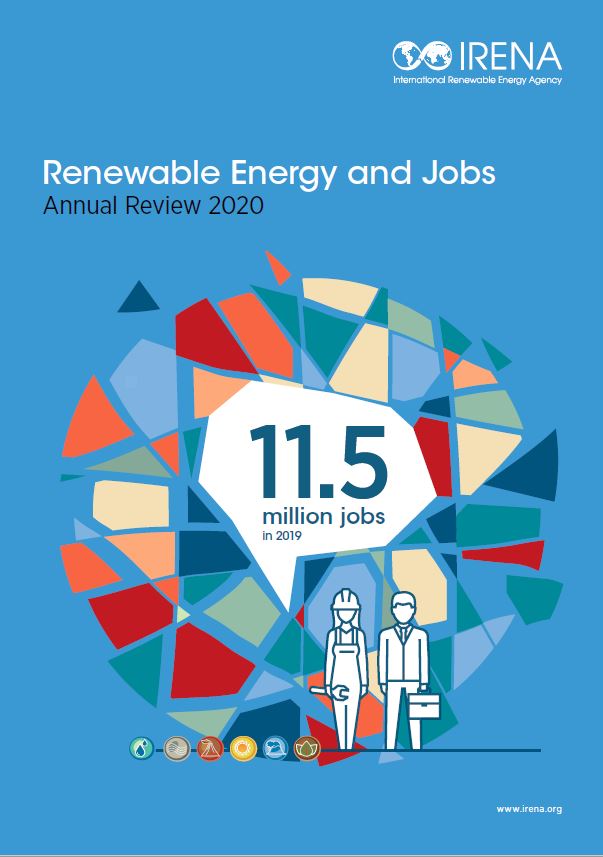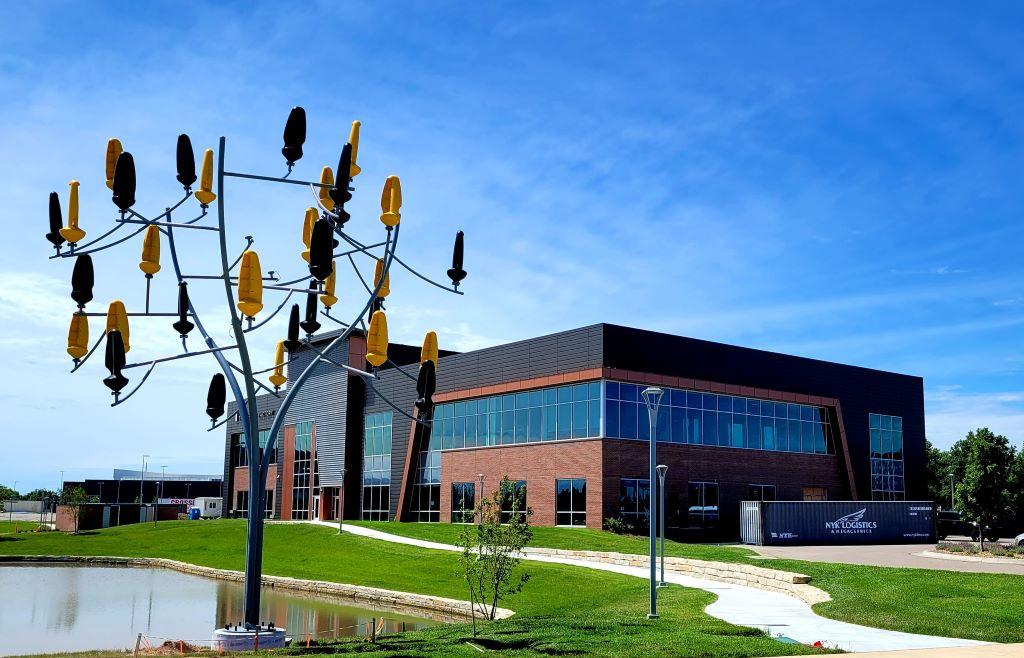
Houston offers many possibilities for logistics professionals. There are many different types of jobs within this industry, including warehouse jobs, warehouse manager jobs, and logistics coordinator jobs. Sign up for email job alerts if you're interested working in the logistics sector.
Interfaith ministries in greater houston
Interfaith Ministries in Greater Houston bring together people of different faith traditions to improve Houston's communities. These groups offer services like meals for the elderly, refugee services and volunteering. They promote interfaith relationships and community partnerships. Interfaith Ministries Greater Houston aims to bring people of diverse faith traditions together, and build bridges for understanding.

The Church Welfare Bureau was established in 1955 to organize the Protestant community to serve the poor. The organization was reorganized in 1964 as Protestant Charities, and it expanded to include the Jewish community. In 1969, Houston Metropolitan Ministries became the charter organization of Interfaith Ministries in Greater Houston. Interfaith Ministries has been serving the Houston region since then.
Interfaith Ministries Greater Houston has a Refugee Services Program that helps refugees flee persecution. The organization partners with Episcopal Migration Ministries and the U.S. State Department to help refugees settle in Houston. They help clients become self-sufficient and productive members of the community within six months. Each year, hundreds of refugees benefit from this program.
Logistics jobs
Houston logistics jobs include those with manufacturing companies and transportation companies. These positions may be within a domestic organization or an international one. These professionals are often paid more than the national average, and there are many opportunities to advance. The demand for logistics professionals is high in consulting and government agencies. Logistics degrees open many career options to students who are interested across a range of industries. There are many career opportunities and salaries in this field.
Houston is a wonderful place to start a job in logistics. It is a great city to live in and work because of its growing economy. You can get a great salary in the city, and you can work at one of several major corporations. Houston logistics jobs are a good match for people who have an interest in international business.

Job description
Houston logistics has many options for you, no matter if you are looking for a part-time or full-time job. A career in logistics can be rewarding because there are so many local businesses. You can work for transport and manufacturing companies, as well for educational institutions or government agencies. Logistics jobs offer great career opportunities and high-paying salaries, regardless of your background.
FAQ
What is the difference between Production Planning, Scheduling and Production Planning?
Production Planning (PP) refers to the process of determining how much production is needed at any given moment. This is done through forecasting demand and identifying production capacities.
Scheduling involves the assignment of dates and times to tasks in order to complete them within the timeframe.
Why is logistics important in manufacturing?
Logistics are an essential part of any business. Logistics can help you achieve amazing results by helping to manage product flow from raw materials to finished products.
Logistics also play a major role in reducing costs and increasing efficiency.
What skills does a production planner need?
Being a production planner is not easy. You need to be organized and flexible. It is also important to be able communicate with colleagues and clients.
Statistics
- You can multiply the result by 100 to get the total percent of monthly overhead. (investopedia.com)
- According to a Statista study, U.S. businesses spent $1.63 trillion on logistics in 2019, moving goods from origin to end user through various supply chain network segments. (netsuite.com)
- Many factories witnessed a 30% increase in output due to the shift to electric motors. (en.wikipedia.org)
- According to the United Nations Industrial Development Organization (UNIDO), China is the top manufacturer worldwide by 2019 output, producing 28.7% of the total global manufacturing output, followed by the United States, Japan, Germany, and India.[52][53] (en.wikipedia.org)
- (2:04) MTO is a production technique wherein products are customized according to customer specifications, and production only starts after an order is received. (oracle.com)
External Links
How To
How to Use the Just-In-Time Method in Production
Just-in-time is a way to cut costs and increase efficiency in business processes. It's the process of obtaining the right amount and timing of resources when you need them. This means that you only pay for what you actually use. Frederick Taylor, a 1900s foreman, first coined the term. Taylor observed that overtime was paid to workers if they were late in working. He concluded that if workers were given enough time before they start work, productivity would increase.
JIT is an acronym that means you need to plan ahead so you don’t waste your money. You should also look at the entire project from start to finish and make sure that you have sufficient resources available to deal with any problems that arise during the course of your project. If you expect problems to arise, you will be able to provide the necessary equipment and personnel to address them. This will ensure that you don't spend more money on things that aren't necessary.
There are several types of JIT techniques:
-
Demand-driven JIT: This is a JIT that allows you to regularly order the parts/materials necessary for your project. This will enable you to keep track of how much material is left after you use it. This will allow you to calculate how long it will take to make more.
-
Inventory-based: This is a type where you stock the materials required for your projects in advance. This allows one to predict how much they will sell.
-
Project-driven: This approach involves setting aside sufficient funds to cover your project's costs. Once you have an idea of how much material you will need, you can purchase the necessary materials.
-
Resource-based JIT: This is the most popular form of JIT. This is where you assign resources based upon demand. For instance, if you have a lot of orders coming in, you'll assign more people to handle them. You'll have fewer orders if you have fewer.
-
Cost-based: This is similar to resource-based, except that here you're not just concerned about how many people you have but how much each person costs.
-
Price-based: This is similar to cost-based but instead of looking at individual workers' salaries, you look at the total company price.
-
Material-based is an alternative to cost-based. Instead of looking at the total cost in the company, this method focuses on the average amount of raw materials that you consume.
-
Time-based: This is another variation of resource-based JIT. Instead of focusing solely on the amount each employee costs, focus on how long it takes for the project to be completed.
-
Quality-based JIT: This is another variation of resource based JIT. Instead of looking at the labor costs and time it takes to make a product, think about its quality.
-
Value-based JIT: This is the latest form of JIT. You don't worry about whether the products work or if they meet customer expectations. Instead, you are focused on adding value to the marketplace.
-
Stock-based: This is an inventory-based method that focuses on the actual number of items being produced at any given time. It is used when production goals are met while inventory is kept to a minimum.
-
Just-intime (JIT), planning is a combination JIT management and supply chain management. It refers to the process of scheduling the delivery of components as soon as they are ordered. It's important because it reduces lead times and increases throughput.